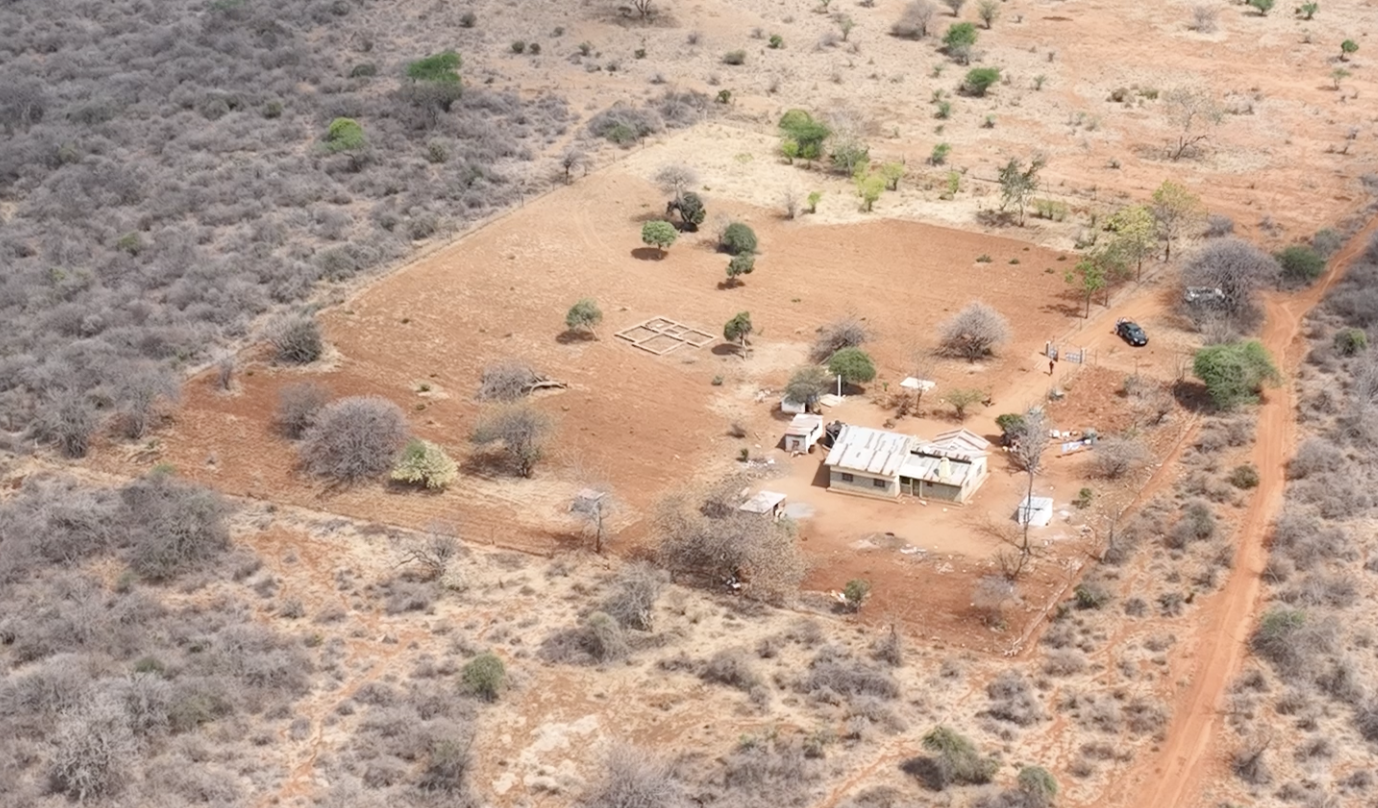
Kenya to discharge asymptomatic COVID-19 patients to recover at home

The Kenyan government on Thursday said that it plans to have hospitals discharge COVID-19 patients to go and recover at home.
Health Cabinet Secretary Mutahi Kagwe said that if the move was implemented, it would free the nation’s health facilities from congestion.
Kagwe pointed out two health facilities in Nairobi, Mbagathi and Kenyatta National Hospital, were already approaching their full capacity.
“With the fight against the virus continuing, we have realized that over 80 percent of our patients in hospitals are asymptomatic and, therefore, can and may be managed from home,” Kagwe said.
Kagwe added that the Ministry of Health had completed the process of actualizing home and community care protocols to be rolled out and implemented across the country.
This means that several people who are in isolation facilities may be released to be taken care of at their homes on condition that it is in accordance with World Health Organisation protocols and the facilities that families have.
Kagwe said that, having studied what other countries had done, a time had come for the country to begin implementing its own systems depending on their environment as the only way to cope with what they were expecting in the future.
“A time is coming when we cannot continue as usual, that we have to change tact. Taking care of 500 people is not the same as taking care of 5,000 people and, obviously, 5,000 people is a completely different ball game from 50,000 people.”
According to the W.H.O. regulations, quarantined or self-isolated persons must have safe and dignified access to well-ventilated single rooms, where one can recuperate without sharing immediate space with others.
Additionally, these people must also have access to a dedicated toilet, hand hygiene and washing facilities. Where these measures are unable to be met, mitigation measures should be implemented to comply.
The government’s pronouncement raised questions over how people who live in informal settlements in the country, where the number of infections have begun rising, will achieve this.
Living conditions in these areas are characterized by poor sanitation, lack of access to clean running water and congestion. These conditions make it ideal for the virus to spread rapidly in communities living in such areas.
Kenya has so far recorded 2,340 confirmed cases and 78 deaths from the virus.






